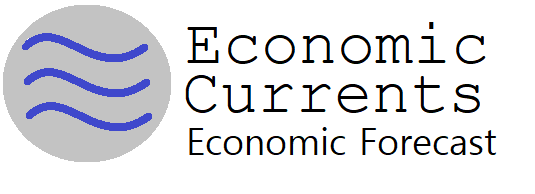March 2024 Economic Forecast: A Modest Improvement In Our Index Predicting Little Change In Main Street Growth
Authored by Steven Hansen
EconCurrent‘s Economic Index modestly improved but continues insignificantly in negative territory. We continue to forecast that a recession is not imminent. One indicator (Conference Board Leading Economic Index) is no longer signaling a recession, but there remain three other major indicators that are. Read on to understand the currents affecting our economic growth.





 The Federal Reserve data release (Z.1 Flow of Funds) – which provides insight into the finances of the average household – shows a decrease in average household net worth from the previous quarter but up from one year ago. Our modeled “Joe Sixpack” – who owns a house and has a job, but essentially no other asset – is better off than he was a year ago.
The Federal Reserve data release (Z.1 Flow of Funds) – which provides insight into the finances of the average household – shows a decrease in average household net worth from the previous quarter but up from one year ago. Our modeled “Joe Sixpack” – who owns a house and has a job, but essentially no other asset – is better off than he was a year ago.
